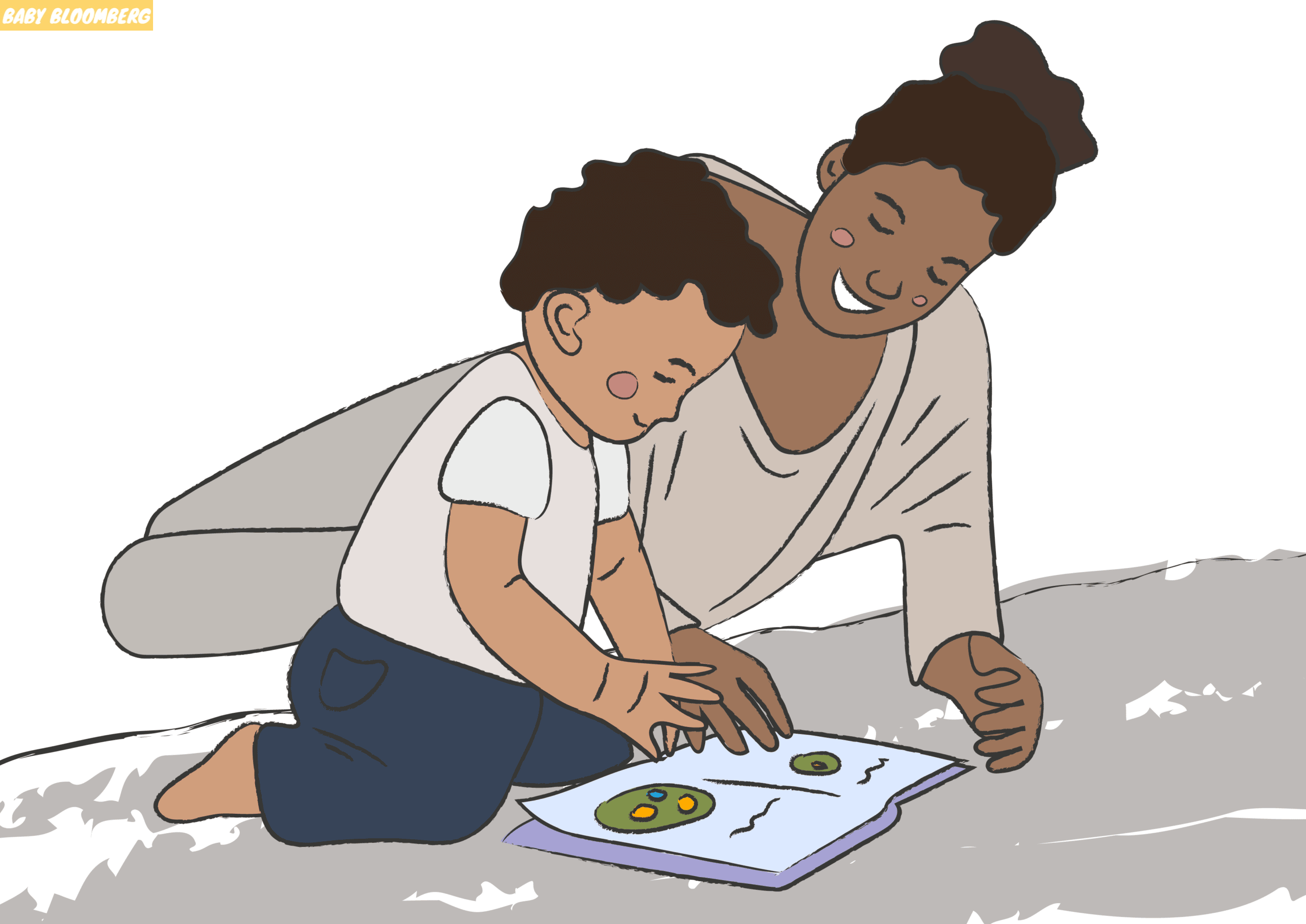Parenting is a complex and deeply personal journey that shapes the lives of both children and their parents. There is no one-size-fits-all approach to parenting, and different styles of parenting can have significant impacts on a child’s development, behavior, and overall well-being. In this article, we will explore three common styles of parenting: authoritarian parenting, permissive parenting, and authoritative parenting. Each style has its own unique characteristics and can have different effects on a child’s psychological, emotional, and social development. By understanding these different parenting styles, we can make informed decisions about how to raise our children and provide them with the best possible support and guidance.
Authoritarian Parenting
Authoritarian parenting is characterized by strict rules, high expectations, and a focus on discipline and obedience. This parenting style is often characterized by a “my way or the highway” mentality, where parents have complete control over their child’s life and decisions. Some key features of authoritarian parenting include:
- High Control: Authoritarian parents exercise strict control over their children’s behavior and activities. They set rigid rules and expect them to be followed without question or negotiation.
- Low Warmth: Authoritarian parents may struggle to show warmth and affection towards their children. They are more focused on enforcing rules and maintaining discipline than on building emotional connections.
- Harsh Punishments: Authoritarian parents often rely on harsh punishments, such as physical discipline or withdrawal of privileges, to enforce their rules and maintain control.
- Limited Independence: Children of authoritarian parents may have limited autonomy and independence. They are expected to adhere to strict routines and may have little say in decision-making processes.
The long-term effects of authoritarian parenting can vary depending on the child and the specific circumstances. While some children may respond well to this style and thrive under the structure and discipline it provides, others may struggle with low self-esteem, social difficulties, and feelings of resentment or rebellion. It is important for parents to assess whether authoritarian parenting aligns with their child’s individual needs and personality.
Permissive Parenting
Permissive parenting, as the name suggests, is characterized by a relaxed and lenient approach to parenting. Parents who adopt this style are often highly nurturing and indulgent, allowing their children to make their own decisions and set their own rules. Some key features of permissive parenting include:
- Low Control: Permissive parents have minimal control over their children’s behavior and rarely enforce rules or boundaries. They may avoid discipline and prioritize their child’s happiness and autonomy above all else.
- High Warmth: Permissive parents tend to be highly warm, affectionate, and supportive towards their children. They prioritize building emotional connections and often act as a friend rather than an authority figure.
- Minimal Consequences: Permissive parents rarely impose consequences for their child’s actions. They may struggle to establish consistent boundaries or enforce discipline when necessary.
- Flexible Decision-Making: Children of permissive parents often have a high degree of independence and are encouraged to make their own decisions. They may have a say in matters that are typically controlled by parents in other parenting styles.
While permissive parenting can create an environment of love, acceptance, and individuality, it can also have potential drawbacks. Children raised in permissive households may struggle with self-control, have difficulty establishing boundaries, and may lack a clear sense of responsibility. It is important for parents to strike a balance between providing support and guidance while also establishing reasonable limits.
Authoritative Parenting
Authoritative parenting is often considered a balanced approach that combines elements of both authoritarian and permissive styles. It is characterized by clear rules, high expectations, open communication, and warmth. Some key features of authoritative parenting include:
- Reasonable Control: Authoritative parents have clear rules and expectations, but they also allow for flexibility and autonomy within those boundaries. They provide guidance and discipline while encouraging open dialogue with their children.
- High Warmth: Authoritative parents prioritize building emotional connections with their children. They are warm, responsive, and supportive, providing love and affection while also setting expectations for behavior.
- Constructive Discipline: Rather than relying on harsh punishments, authoritative parents use discipline as an opportunity for learning and growth. They may use logical consequences and focus on teaching their children about the consequences of their actions.
- Encouragement of Independence: Authoritative parents encourage their children to become independent thinkers and decision-makers. They allow for age-appropriate autonomy and involve their children in decision-making processes.
Research has consistently shown that authoritative parenting is associated with positive child outcomes. Children raised with authoritative parenting tend to have higher self-esteem, better academic performance, and healthier social relationships. They are also more likely to have well-developed emotional regulation skills and a strong sense of responsibility.
Parenting is a challenging yet rewarding journey that requires love, patience, and continuous growth. Understanding the different styles of parenting can provide valuable insights into the various approaches parents can take to raise healthy, happy, and well-adjusted children. While each parenting style has its own strengths and potential drawbacks, authoritative parenting is often associated with the most positive outcomes. However, it is important to remember that parenting is not about adhering strictly to one style, but rather about adapting, evolving, and finding a balance that meets the unique needs of each child.










